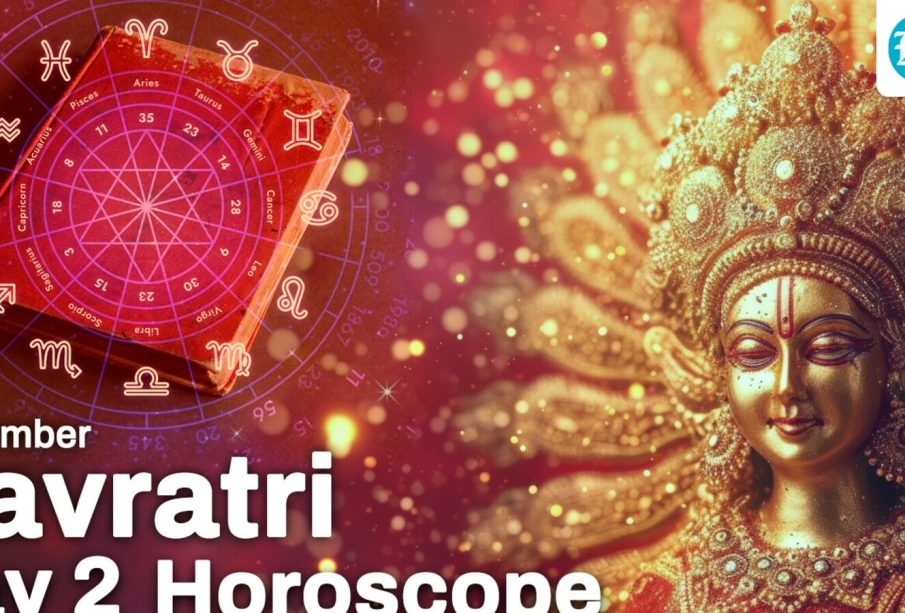Significance of Navratri Day 2 Celebrations

Introduction
Navratri, a prominent festival in India, is celebrated over nine nights, dedicated to the worship of Goddess Durga. Each day of Navratri holds unique significance and is marked by distinct rituals and traditions. Day 2 of Navratri, known as ‘Dwitiya’, is dedicated to the worship of the goddess Brahmacharini, embodying the virtue of penance and purity.
Importance of Day 2
On the second day of Navratri, devotees seek blessings of Goddess Brahmacharini for peace, knowledge, and spiritual growth. The day is often celebrated with fervor in many regions, with intricate rituals that include special prayers, offerings, and cultural programs. Worshippers typically adorn the deity’s idols with flowers and offer fruits, sweets, and symbolic items that represent devotion.
Customs and Rituals
Devotees often observe fasts on this day, refraining from consuming specific foods to purify their minds and bodies. In many households, the day begins with early morning prayers, followed by the recitation of the Durga Saptashati—a sacred text that recounts the battles of Goddess Durga. Temples are decorated, and vibrant processions are organized, featuring traditional music, dance, and festivity.
In Gujarat and Maharashtra, the cultural dance forms, Garba and Dandiya Raas become popular, as groups gather to dance in honor of the goddess. Communities also hold special events to engage in devotional practices, fostering unity and a sense of belonging.
Regional Variations
While the religious significance remains the same, the way Navratri Day 2 is celebrated can vary from region to region. In West Bengal, it marks the beginning of Durga Puja preparations. Traditional homes are decorated with ‘kolams’, and women often participate in art and craft activities to enhance their surroundings.
Conclusion
Navratri Day 2 serves not only as a spiritual observance but as an opportunity for individuals and communities to come together in celebration of cultural heritage. As the festival progresses, anticipation builds for the festive culmination on Vijayadashami, where the triumph of good over evil is celebrated. Each day brings new opportunities for devotion and reflection, making Navratri a time for both personal and communal growth.







